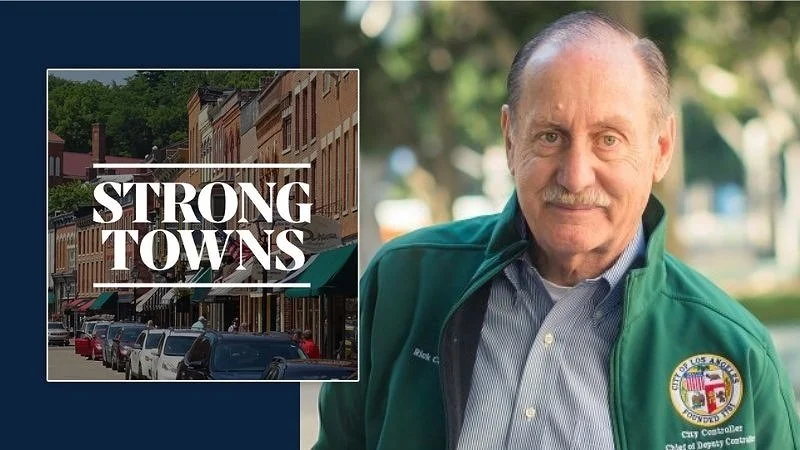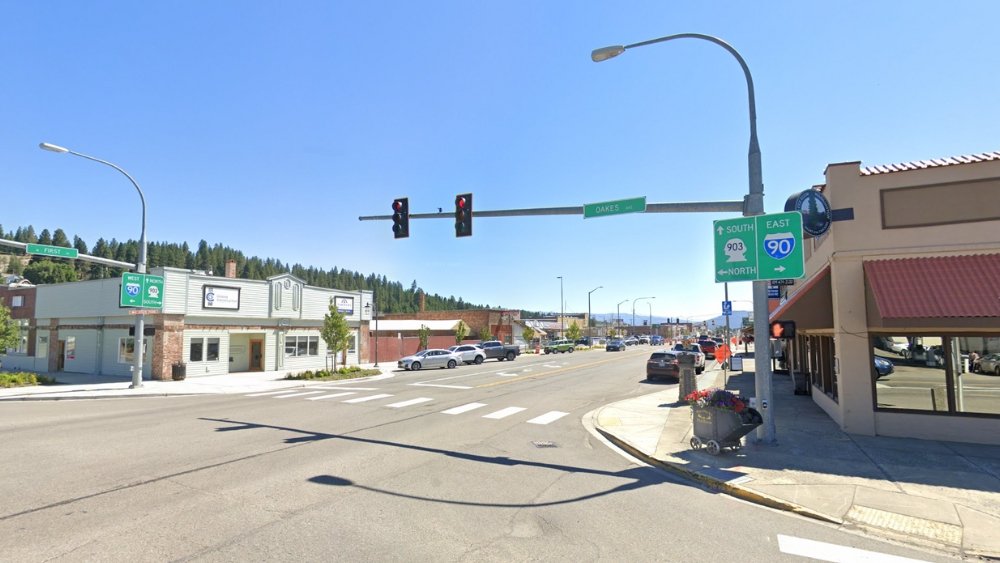Cities slide into insolvency, not with a dramatic collapse, but with a slow, steady drift into financial fragility.
Read MoreEvery few years, the American Society of Civil Engineers releases its Infrastructure Report Card. Let’s be clear about what this report card actually is: industry propaganda, not unbiased analysis.
Read MoreToday, Chuck is joined by Mark Moses, author of “The Municipal Financial Crisis.” They cover everything from the dangers of relying on “balanced budgets” to the difference between city and business finances. (Transcript included.)
Read MoreDespite assertions to the contrary, a city's budget is almost exactly like a family budget.
Read MoreHouston’s new Popular Annual Financial Report tells a reassuring story of short-term growth and recovery, but it ignores the city's long-term financial trends. If things are going to improve, public officials need to confront reality.
Read MoreLocal officials often feel trapped, having to juggle large financial obligations with residents that resist tax increases. But delaying these tough decisions only makes them more painful and politically difficult. Bentonville, Arkansas, is experiencing that firsthand.
Read MoreHow do you direct city finances in a truly effective way? What role should the public play in a city’s financial decisions? Chuck and city finance expert Rick Cole cover these questions and more in this episode of the Strong Towns Podcast. (Transcript included.)
Read MoreCities across North America are financially imploding—not because of a lack of growth, but because of the pattern of growth itself. Few cities illustrate this pattern as vividly as Houston, Texas.
Read MoreOfficials in Ottowa, Canada, are showing that local governments don’t need to accept expensive and unproductive projects, even if they have a lot of momentum behind them.
Read MoreWhen cities fall into the Growth Ponzi Scheme, they prioritize rapid, short-term growth that strains city resources and reduces long-term prosperity. Residents of Bentonville, Arkansas, are feeling those effects firsthand.
Read MoreChuck is joined by Shayne Kavanagh, senior manager of research for the Government Finance Officers Association. Kavanagh discusses the role of finance officers as “decision architects” and shares some tactics they can use to improve their processes. (Transcript included.)
Read MoreThe Finance Decoder reveals the long-term trends hidden behind annual balanced budgets. For Kansas City, those trends are deeply problematic.
Read MorePublic officials may feel forced to approve large, expensive projects. But in doing so, they are making high-stakes financial commitments with taxpayer money, often without fully understanding the long-term consequences. The results can be devastating.
Read MoreTravis Goedken is the city manager of Decorah, Iowa. He joins Norm to talk about the practices and reforms that are making Decorah strong, including making its budgeting easier to understand for residents and finding creative loopholes in restrictive state housing laws. (Transcript included.)
Read MoreAn overwhelming amount of information without context can be just as opaque as secrecy. That’s why transparency in city budgeting isn’t just about making numbers available — it’s about making them understandable. One city official in Maryland is making it his mission to do just that.
Read MoreIn this episode, Chuck explains that we’ve created a political climate where you either take a chainsaw to failing systems or you refuse to acknowledge that they’re failing. He then shows how the Strong Towns approach offers a better way. (Transcript included.)
Read MoreDavid Jenkins is a city councilor and Local Conversation leader in La Plata, Maryland. He joins Norm to discuss his work with the city’s budget, particularly his efforts to share financial information in a simple way that lets residents participate in the budgeting process. (Transcript included.)
Read MoreAbby is joined by Edward Erfurt, Strong Towns’ chief technical advisor, to discuss the practice of using special taxing districts to fund developments and how this can lead to snowballing debt. (Transcript included.)
Read MoreElected officials across North America are grappling with budget shortfalls and financial uncertainty. Pasadena, California is only one example. Last year, their expenses increased by 13.8% but revenues only rose 0.6%. If things are going to improve, city officials need to take a new approach.
Read MoreMaricela Sanchez is a city council member and anesthesiologist from Prosser, Washington. She has lived in several major cities, including LA, San Francisco and NYC. She joins today’s episode to discuss how her travels and profession molded her perspective on what makes a town safe and resilient. (Transcript included.)
Read More



















